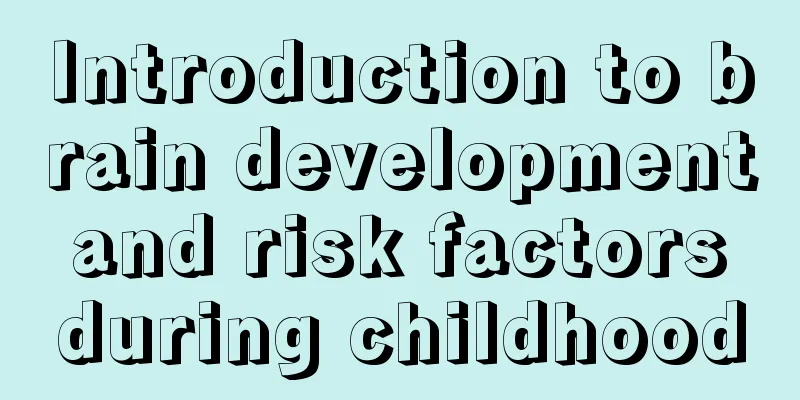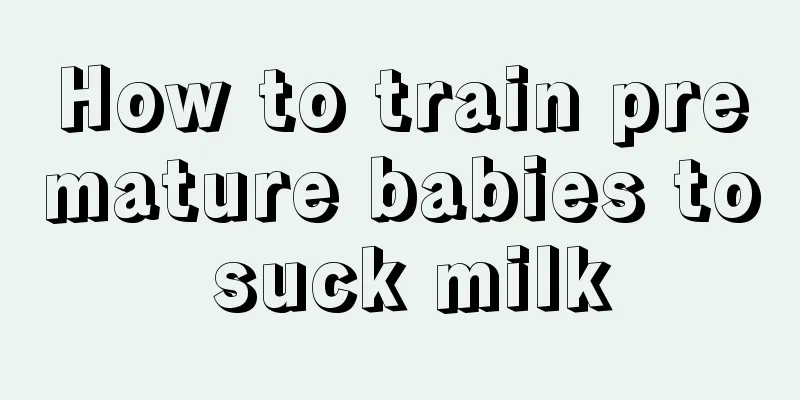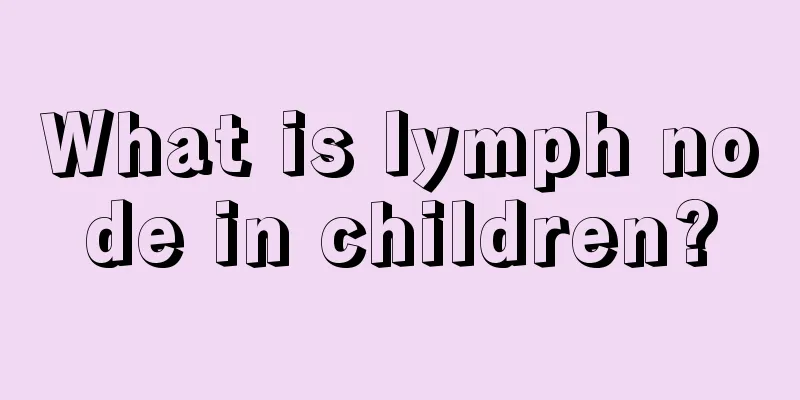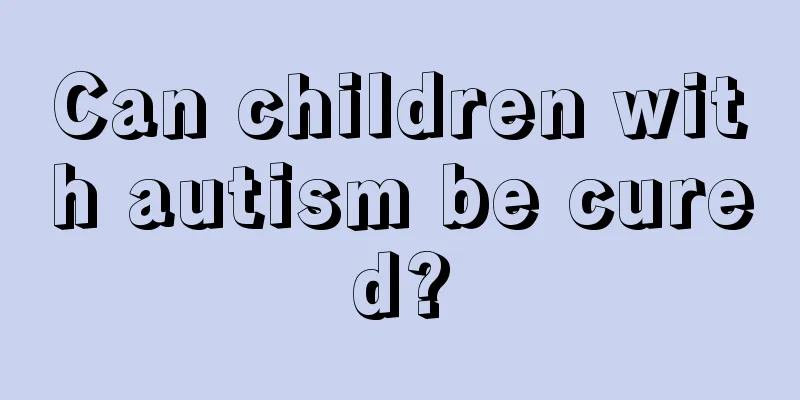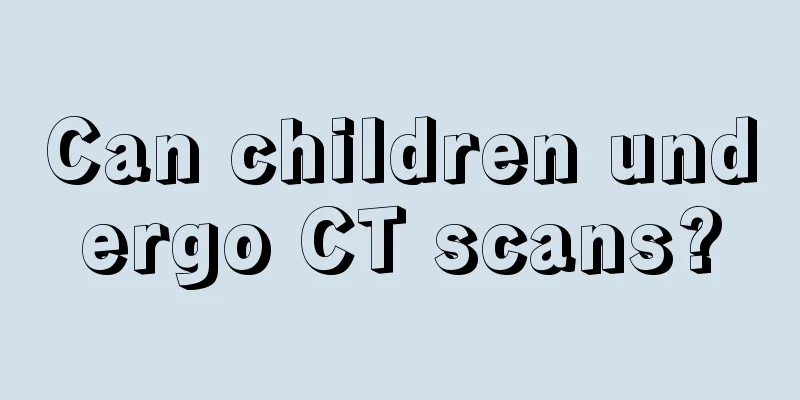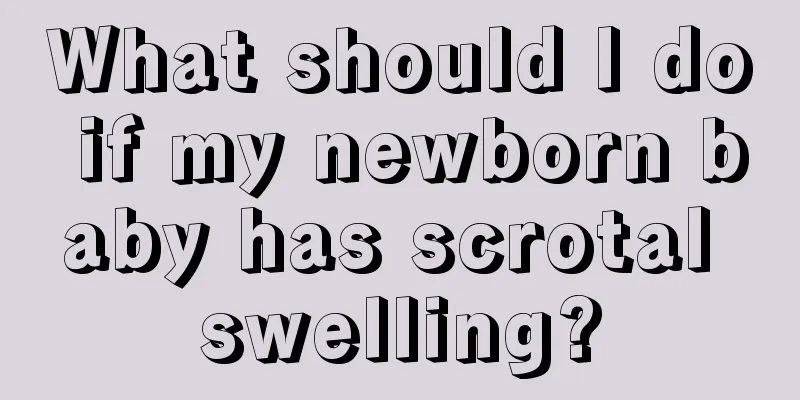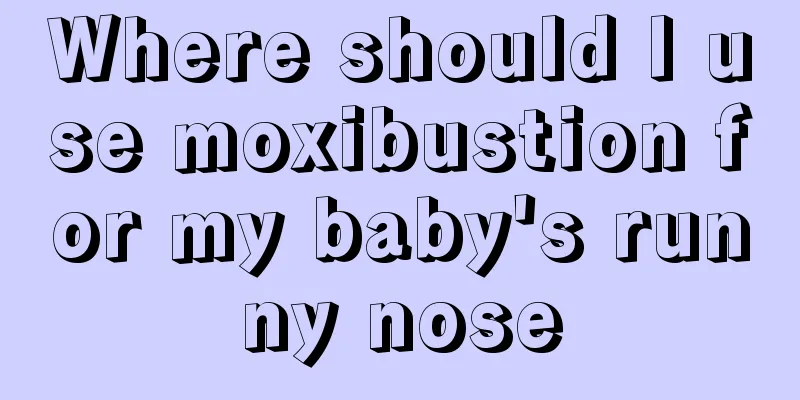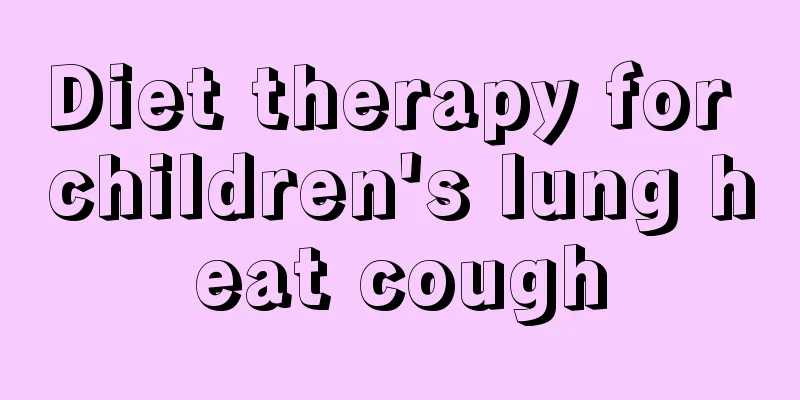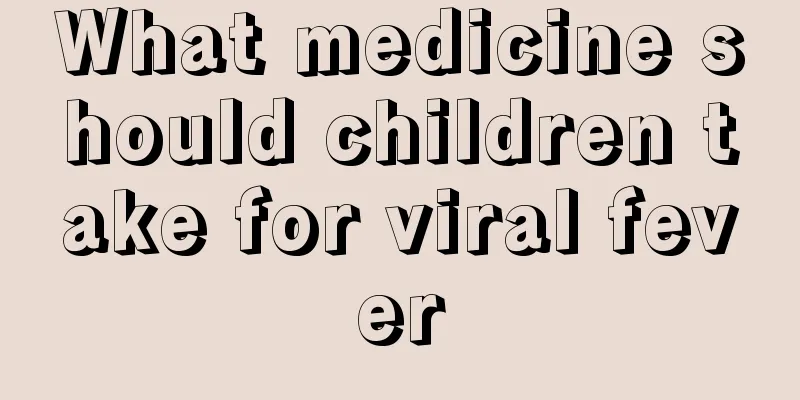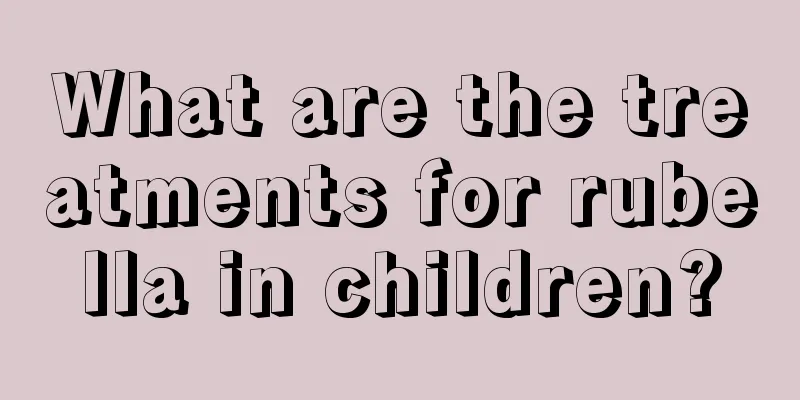What are the effects of a baby having a fever and convulsions?
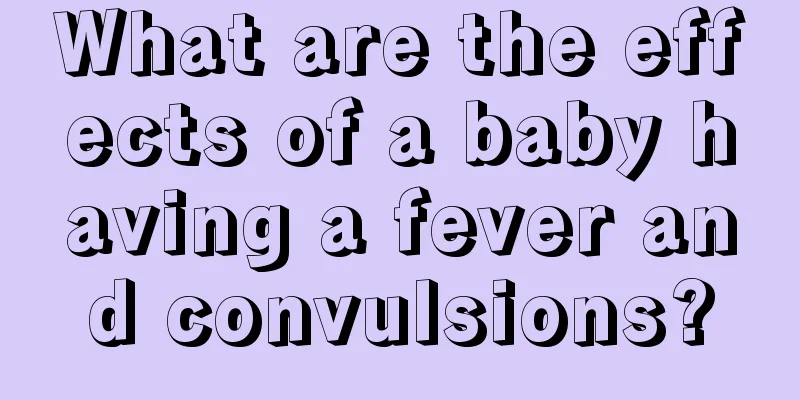
|
Children often have fever and get sick. Recently, many people have said that some children now have convulsions when they have a fever, but what is going on? We don’t know much about fever and convulsions. Most of the time we just know to go to the hospital for treatment, but we never ask whether it will have an impact on the children. So let us learn about it together! What are the effects of a baby having a fever and convulsions? Although the symptoms of febrile seizures and epilepsy are similar, they are not the same disease. Febrile seizures can be divided into simple and complex types. Simple febrile convulsions often occur in children aged 6 months to 3 years, and often occur within 24 hours after the fever. The convulsion usually lasts less than 5 minutes and will not occur again within 24 hours. After the seizure, the child's EEG was normal, and his physical and intellectual development were also normal. Most children who suffer febrile convulsions have simple seizures, which generally have a good prognosis and rarely have any sequelae. And as you age, the chance of an attack will gradually decrease. Some complex febrile seizures may develop into epilepsy and may require long-term treatment. If febrile convulsions occur repeatedly or last too long, they may cause damage to the brain and leave sequelae. However, parents do not need to be overly nervous, because the chance of febrile convulsions turning into epilepsy is low. Studies have found that only 2%-10% of children with febrile convulsions will develop epilepsy. With careful care from parents and regular treatment from doctors, most babies will not suffer any sequelae after a febrile convulsion. Genetic factors: About 33.7% of children have a family history, and research has confirmed the genetic location of inheritance. In other words, if parents had febrile convulsions when they were young, their children are likely to have febrile convulsions as well. Delayed development of the nervous system: The child's brain is immature and is overly sensitive to high fever, which can easily cause convulsions. Now we know the impact of a baby's fever and convulsions. Children are the hope of every family. We all hope that our children can grow up healthily and get sick less often. Even if they are sick, we don't want them to be affected a lot. We, as parents, only hope that our children can grow up safely and healthily, so we should still learn more knowledge and hope to help our family. |
<<: How to deal with baby's fever and convulsions
>>: Is it dangerous for a three-year-old baby to have a fever and convulsions?
Recommend
Which department should children with ADHD go to?
Attention deficit hyperactivity disorder (ADHD) i...
At what age is it normal for children to change their teeth?
I believe everyone must know the importance of te...
Baby hasn't urinated for more than ten hours
Because the baby is still very young, his physica...
What to do if you wake up coughing in the morning
Many people may experience coughing when they wak...
What to do if there is a gap between the child's front teeth
We all know that the teeth that children start to...
Can an inguinal hernia in children heal on its own?
Inguinal hernia is a congenital developmental abn...
Four-year-old baby has nosebleeds in summer_4-year-old child always has nosebleeds
A 4-year-old child is really at an age where he o...
What are the methods for removing phlegm from babies?
Since babies have relatively poor resistance, the...
What should you pay attention to when your baby starts to eat complementary food?
In fact, many parents do not know how to take car...
What is the height and weight of a 2-year-old and 8-month-old girl?
A baby is increasingly becoming a symbol of a fam...
What's wrong with the newborn's lower body?
Many parents will find that newborn girls have bl...
What causes baby's heavy breathing and coughing?
The baby's body resistance is relatively weak...
Can the baby's full-month vaccination be postponed?
Vaccines are a very common thing in people’s dail...
Baby sleeping with cold hands
Babies' body temperature should be higher tha...
What is the cause of the small pimples on the child's back?
In the process of taking care of children, parent...
